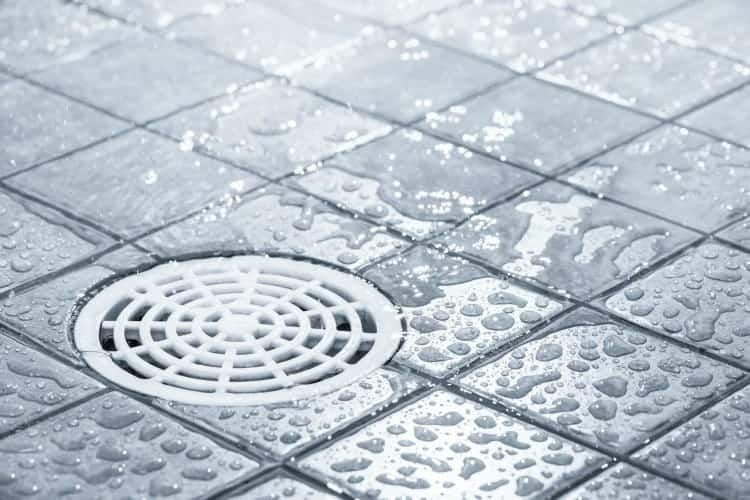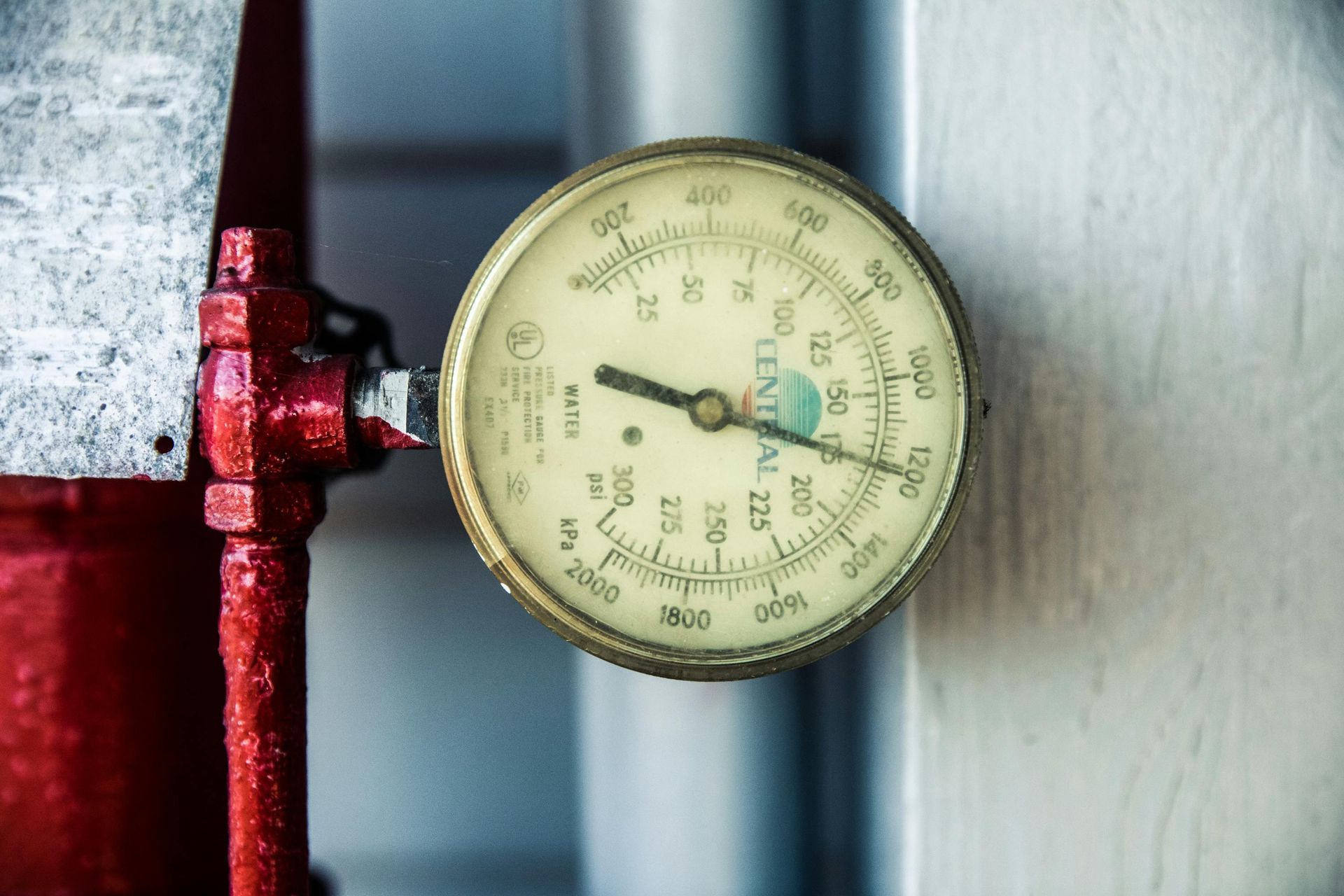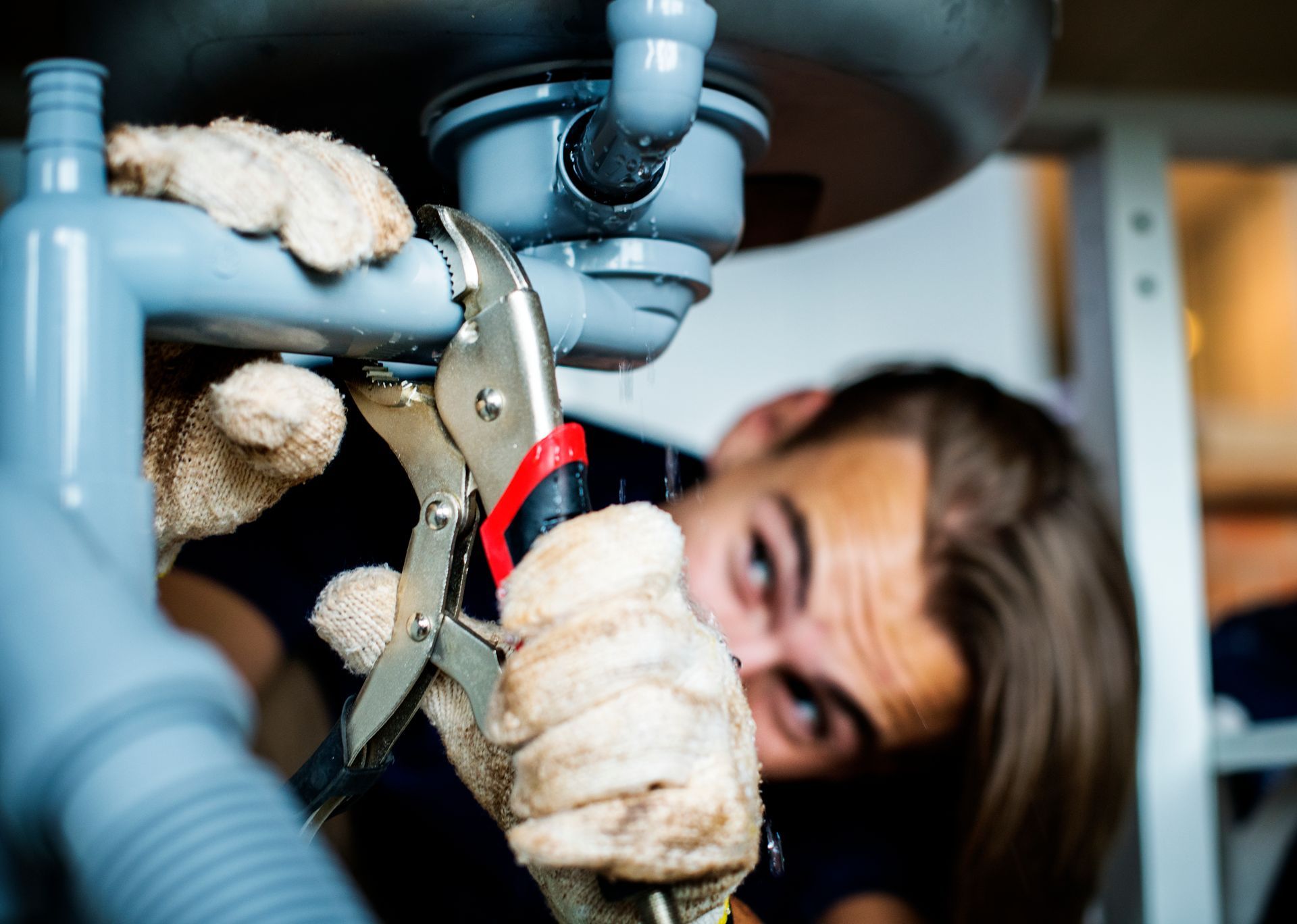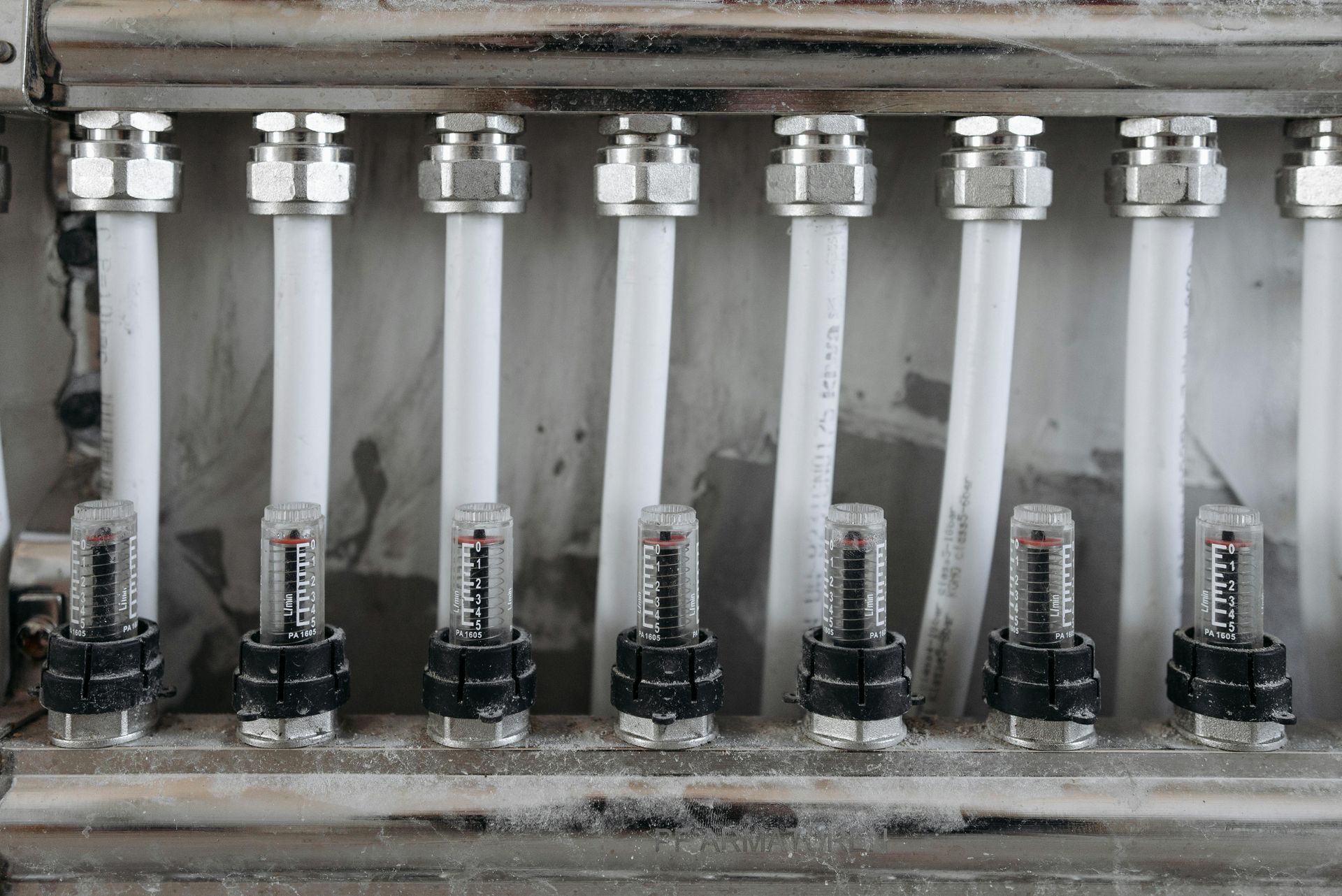Septic System Maintenance & Common Problems Explained
A septic system is a critical component of many homes, especially in rural areas where municipal sewer connections are unavailable. Proper maintenance is essential to ensure its efficient operation and avoid costly repairs or environmental hazards. This detailed article delves into the principles of septic system upkeep, common issues homeowners face, and preventive strategies including sump pump repair, water conservation, and professional plumbing support.
How Septic Systems Work and Why Maintenance Matters
A septic system treats wastewater onsite by channeling it into a tank where solids settle and liquids flow out into a drainfield. The tank requires periodic pumping to remove sludge and scum that accumulate, preventing blockages and drainfield contamination. Over time, lack of maintenance leads to system overload, backup, and failure, which can cause foul odors, sewage leaks, and groundwater pollution.
Regular inspection by professionals helps identify issues like cracks, clogged pipes, or failing baffles early. Well-maintained systems function efficiently and protect home value and public health. Water-saving practices reduce strain on the system by limiting the volume of wastewater produced daily, extending the lifespan of the entire setup.
Common Problems in Septic Systems
Clogs and slow drains are frequent symptoms of septic troubles, often caused by grease buildup, foreign objects, or damaged pipes. Backup of sewage into the home requires immediate attention from licensed plumbers. Tree roots invading the drainfield and excessive water use can saturate and damage the leach field, necessitating repairs or replacement.
A malfunctioning sump pump can further complicate issues by failing to remove excess water around the septic system, increasing the risk of flooding and reducing soil absorption efficiency. Timely sump pump repair is crucial to maintaining balanced water levels around the tank and drainfield.
Water Conservation and System Longevity
Implementing strategies on how to conserve water, such as repairing leaks and using low-flow fixtures, reduces the load on the septic system. Spreading laundry and dishwasher use throughout the week prevents overwhelming the system. Avoiding disposal of chemicals, non-biodegradable materials, and excessive grease ensures the microbial environment in the septic tank remains healthy for effective sewage breakdown.
Role of Professional Services and Upgrades
Consulting experienced companies like All City Plumbers ensures proper septic system inspection, routine pumping, and expert problem-solving. Professionals advise on modern upgrades, including installation of pump alarms, risers for easy access, and system enhancements. They also integrate plumbing solutions like sump pumps to manage groundwater effectively, reducing risks of failure.
Conclusion
Septic system maintenance requires understanding its function, performing regular inspections and pumping, and promoting water conservation within the home. Addressing common problems such as clogs, backups, and pump failures early protects the environment and saves extensive repair costs. Leveraging professional expertise from trusted plumbers like All City Plumbers guarantees informed maintenance and repair strategies, ensuring the septic system serves its purpose reliably and efficiently over the long term.











